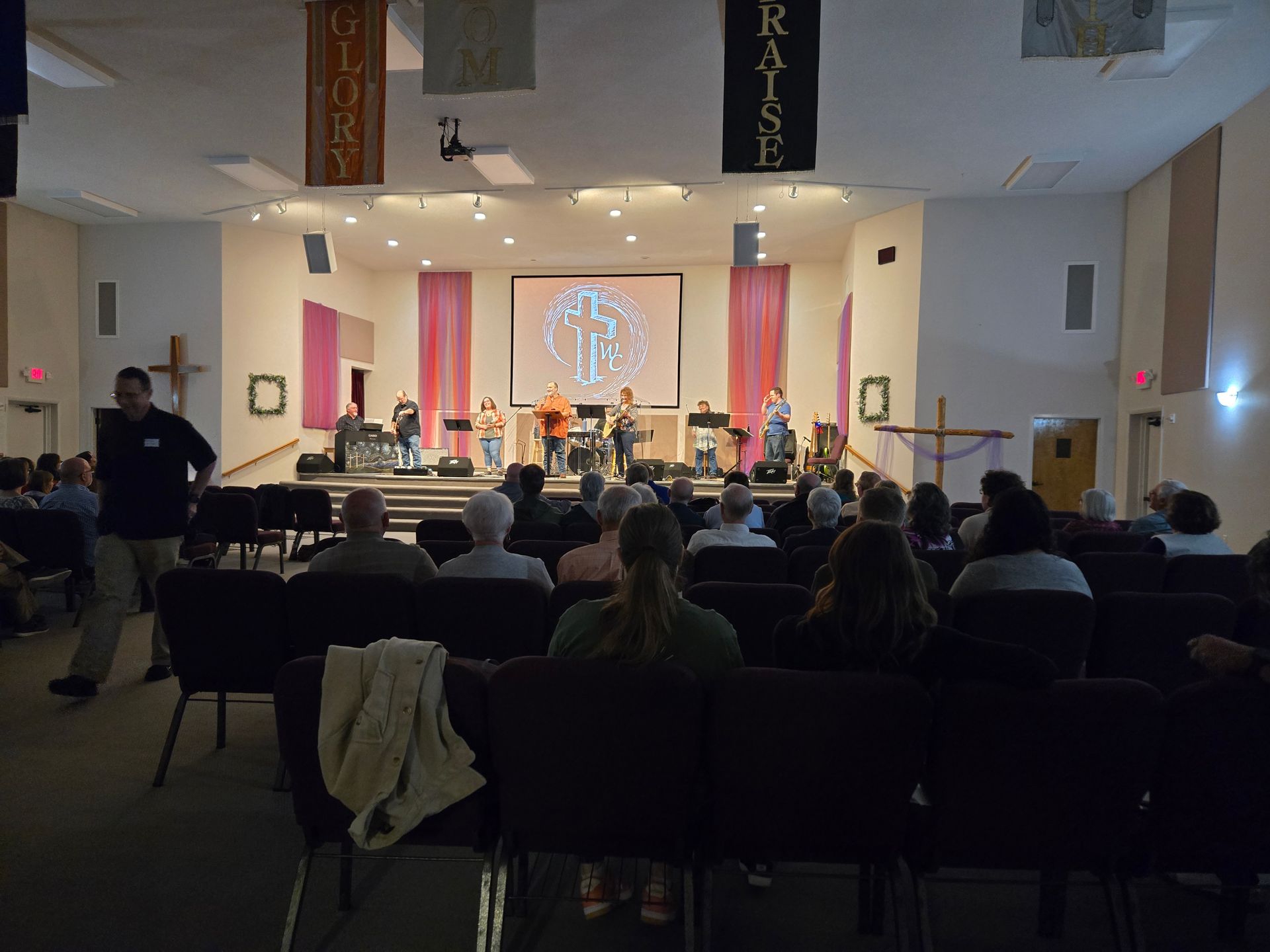Organic Multiplication
IF a lake is covered ¼ in algae in one month, how many months until the lake is completely covered? If you said four, you would be wrong, but not alone. That is how most people think about things growing; they think addition. The correct answer is three because algae don’t add, they multiply, so it is covered ¼ by month one, ½ by month two, and covered by month 3. One of the core growth principles of healthy churches is that they intentionally choose to grow in as many areas as possible by multiplication, not addition.
Raise trainers, not teachers. In 2 Timothy we are told to raise up people who in turn will train others. Most of us worry about finding someone to teach a class or a group, and we breathe a sigh of relief that responsibility has been shared. But eventually that teacher retires, moves, or gets burned out, and we have to find another teacher. It is far better if while training them to teach, we also train them to teach others how to teach. Make it a part of the church’s DNA that no one teaches without teaching someone else to teach, and they are not finished training until that teacher is in turn training someone else to teach. Once they train one teacher, who is training another, they start training a new one. Multiplication kicks in, and you have a culture where people are not just teachers, but trainers.
Raise leaders, not followers. The same principle holds true for those who lead in the church. Mentoring someone to replace you, and showing them how to mentor others should be an integral responsibility of every leader. We think that people lead well when people follow. People are true leaders when they raise up leaders behind them who in turn understand that part of their leadership is to mentor still others. A healthy church develops a culture where leadership effectiveness is measured as much by mentorship as it is by achievement.
Raise disciples, not converts. In the great commission, Jesus tells us to “go and make disciples.” Notice he does not say “go and make converts.” Bringing people to saving faith and affirming that decision through baptism matters, but that is not the completion of our call. A healthy church has intentional ways that new believers can become mature disciples, becoming self-feeding, aware of their gifts, serving and giving joyfully, and share their faith with others. Some call this a ministry flow, others a discipleship pathway, but whatever you call it, multiplication happens when people are not just converted, but become maturing disciples who help others in their path of maturity.
The Issue of ORGANIC multiplication. Remember the illustration above? The time frame was in months. Algae take time to grow; natural multiplication takes time. Mathematical multiplication is different because numbers do not have to grow up or mature before they multiply. In the organic world of plants, people, and churches, multiplication occurs organically, so even when it is done right, things do not simply double overnight. Healthy churches build programs and goals that take this reality into account and create systems to provide the guidance and time needed to permit maturity and growth as part of the multiplication process.
Mobilize wants to help your church get healthier! If you have a question about church health, growth, and vitality, let us know how we can help! If your church wants help getting healthier, or is interested in the Natural Church Development process we use to assess and promote church health, you can contact Gary Diehl at Gary@brethrenchurch.org or 419-289-1708










